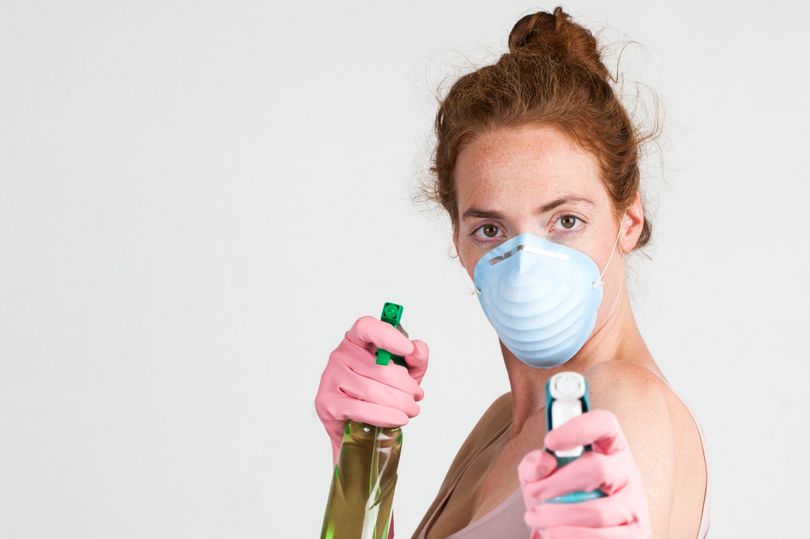Having someone in a family or shared home with Covid-19 poses big risks to other people living there. So are there any things you can do to curb the spread?
Paul Little and colleagues from Southampton University offer some advice in the British Medical Journal.
Most people with mild-moderate Covid-19 are nursed at home, which makes exposure to other household members likely.
In a small space they could be exposed to a great viral load (infection) and contract a serious illness.
Coronavirus has a long incubation period, 14 days minimum, and even before symptoms of Covid-19 arise, an infected person is shedding the virus in large quantities, making transmission between family members a risk.
Studies reveal people are at their most infectious at or just before symptoms appear, with 44% of transmission occurring before this.
Advice recommends isolation of symptomatic household members, but this can be difficult, particularly in small flats with shared facilities.
And illness of other family members may be more severe if they don’t shield themselves from the infected person.
Professor Little proposes a way to do this: logging on to website germdefence.org from Southampton University that provides advice on how to control infections.
It also helps people think about when and how to carry out key precautions such as handwashing
and cleaning, avoiding sharing rooms and surfaces, managing incoming deliveries and ventilating rooms.
Professor Little and colleague Professor Lucy Yardley experimented with germ defence in 2009 during
the H1N1 swine flu pandemic and managed to reduce the number of respiratory infections.
Transmission of infection among family members was lower for those who used germ defence and there was a modest reduction in the severity of infections of moderately bad illness, 3.9 days in the germ defence group versus 4.5 days in the control group.
But, importantly, there were also reductions in gastrointestinal infections, GP consultations, and antibiotic prescriptions. So it looks like germ defence is worth tapping into.
Southampton University is now working with health support groups whose members will be helped by having added protection.
Yes, this data was collected during a flu epidemic but it’s likely the infectivity of Covid is similar.
The precautionary principle (an intervention does no harm but helps, so do it) suggests that people caring for a sick household member should do all in their power to avoid infection.
This should be a priority for the UK Government and should persist as long as its advisory precautions are in place. Germ defence could make it easier for everyone.

